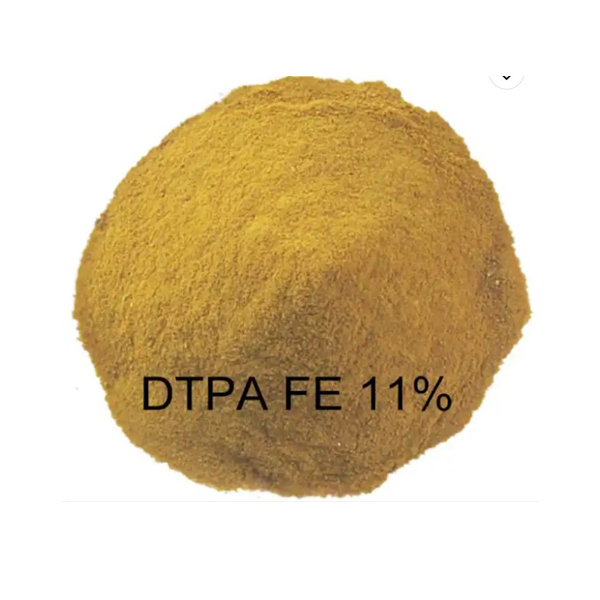
News
Nov . 28, 2024 02:34 Back to list
Chelating Agents for Effective Boiler Water Treatment Solutions in Industrial Applications
Chelant Boiler Water Treatment A Comprehensive Guide
In industrial applications, maintaining boiler efficiency and longevity is paramount. The integrity of boiler systems can significantly affect operational costs, safety, and productivity. One of the most effective strategies for ensuring optimal boiler performance is the implementation of chelant-based water treatment solutions. This method involves the use of chelating agents to control mineral deposits and corrosion within boiler systems.
What is Chelation?
Chelation is a chemical process in which a chelating agent bonds with metal ions in water, forming stable complexes. These complexes prevent the metal ions from precipitating as solid particles, which can accumulate and cause scale build-up in boiler systems. Common metals targeted in chelant treatments include calcium, magnesium, iron, and copper, all of which can compromise a boiler's efficiency if not properly managed.
Why Use Chelants in Boiler Water Treatment?
1. Scale Prevention Scale buildup can dramatically reduce heat transfer efficiency, leading to increased fuel consumption and higher operational costs. Chelants bind with calcium and magnesium ions, preventing them from forming hard deposits in the boiler and associated piping systems.
2. Corrosion Inhibition Chelating agents also offer corrosion protection by controlling the solubility of metal ions. By sequestering corrosive substances, these agents help maintain the integrity of the boiler materials, extending the lifespan of the equipment.
3. Improved Water Quality Utilizing chelating agents can enhance the overall quality of water used in boilers. By reducing the concentration of harmful ions, the treatment can improve steam purity and reduce the risk of contamination that can affect downstream processes.
4. Operational Efficiency A well-treated boiler system operates more efficiently. With reduced scale formation and corrosion, maintenance requirements are lower, leading to less downtime and increased productivity. This can translate to significant cost savings over time.
Choosing the Right Chelant
Selecting the appropriate chelating agent for boiler water treatment depends on several factors, including the specific water chemistry, the materials of construction of the boiler system, and operational parameters. Common chelating agents used include
chelant boiler water treatment factory

- EDTA (Ethylenediaminetetraacetic Acid) Known for its strong binding capacity, EDTA is effective in sequestering calcium, magnesium, and other metal ions.
- NTA (Nitrilotriacetic Acid) This agent is similar to EDTA but may have less environmental impact, making it a suitable alternative in some applications
.- DTPA (Diethylenetriaminepentaacetic Acid) DTPA is particularly effective in higher pH conditions and is often used in systems where traditional agents may not work as effectively.
Implementation of Chelant Treatment
The implementation of chelant treatment involves several key steps
1. Water Analysis Conduct a thorough analysis of the boiler feed water to determine the concentration of scale-forming and corrosive ions.
2. Dosage Calculation Based on the analysis, calculate the appropriate dosage of the chelating agent required to neutralize undesirable ions effectively.
3. System Monitoring After treatment initiation, continuous monitoring of the boiler water chemistry is crucial. Regular testing ensures that chelating agent concentrations remain effective and that the system operates within optimal parameters.
4. Adjustments as Needed Depending on the operational conditions and changes in water quality, adjustments in the treatment regimen may be necessary. This iterative process helps in maintaining boiler efficiency over time.
Conclusion
In summary, chelant boiler water treatment represents a scientifically advanced approach to managing water quality and enhancing boiler performance. By preventing scale formation and corrosion, chelation not only improves operational effectiveness but also extends the life of the boiler system. Factories and industries that invest in proper chelant treatment stand to benefit from reduced maintenance costs, improved efficiency, and ultimately, heightened productivity. As water treatment technologies continue to advance, embracing these innovative solutions will be key to sustainable industrial practices in the future.
-
OEM Chelating Agent Preservative Supplier & Manufacturer High-Quality Customized Solutions
NewsJul.08,2025
-
OEM Potassium Chelating Agent Manufacturer - Custom Potassium Oxalate & Citrate Solutions
NewsJul.08,2025
-
OEM Pentasodium DTPA Chelating Agent Supplier & Manufacturer High Purity & Cost-Effective Solutions
NewsJul.08,2025
-
High-Efficiency Chelated Trace Elements Fertilizer Bulk Supplier & Manufacturer Quotes
NewsJul.07,2025
-
High Quality K Formation for a Chelating Agent – Reliable Manufacturer & Supplier
NewsJul.07,2025
-
Best Chelated Iron Supplement for Plants Reliable Chelated Iron Fertilizer Supplier & Price
NewsJul.06,2025
